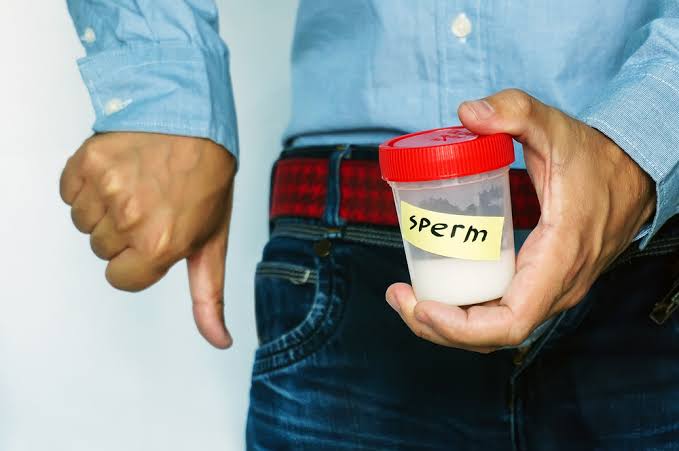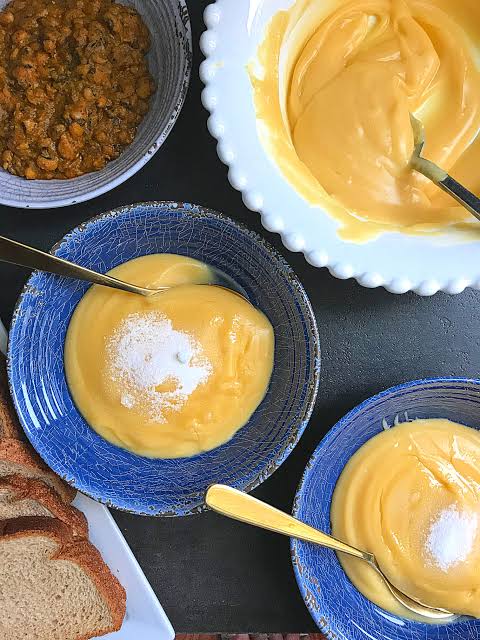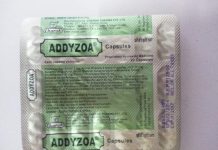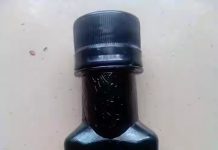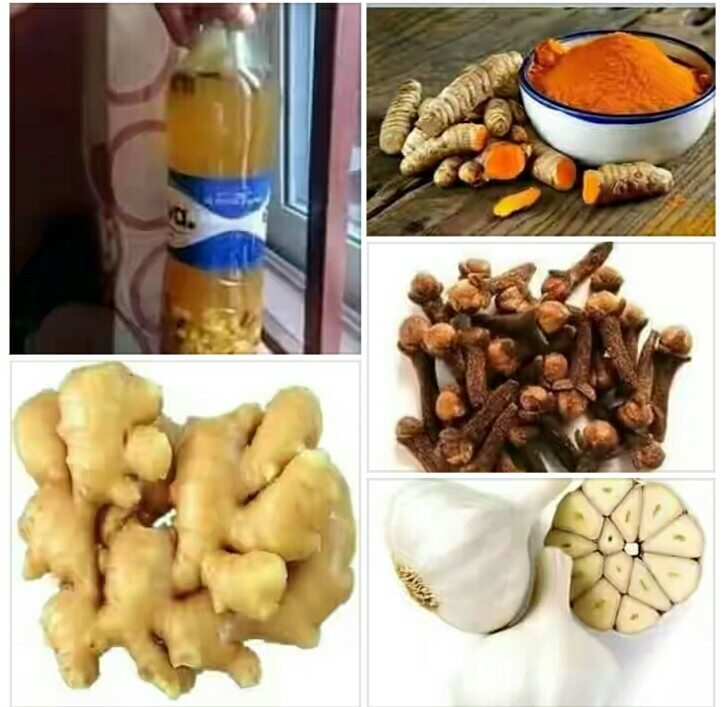List of antimalarial plants in Nigeria, igbo, Hausa and Yoruba herbs for malaria..Nigerian herbs for the treatment of malaria.
Malaria is a serious and sometimes fatal disease caused by a parasite that commonly infects a certain type of mosquito which feeds on humans. Although malaria can be a deadly disease, illness and death from malaria can usually be prevented. Malaria is still the number one killer disease in Africa.
WHAT CAUSES MALARIA?
Protozoan parasite called Plasmodium (In the Philippines, there are four main species of malaria-causing Plasmodium: P. falciparum, P. vivax, P. malariae, and P. ovale. Infection with P. knowlesi has also been identified in the province of Palawan in 2010.
Three Plasmodium species occur in humans in Africa: P. falciparum, the most deadly species; and responsible for approximately 80percent of current cases in Nigeria according the the Federal Ministry of Health, Plasmodium vivax, and Plasmodium malariae, the least-prevalent species (Krettli et al. 2001).
HOW DO YOU GET IT?
Transmitted through the bite of an infected female Anopheles sp. mosquito, which usually bites during night time
WHAT ARE THE SIGNS/SYMPTOMS?
• Chills
• High-grade fever
• Severe headache
• Vomiting
✳️joint pains
✳️loss of appetite (bitter mouth)
✳️feeling unwell
✳️sore throat
✳️nausea
TREATMENT
• Uncomplicated P. falciparum
− First-Line: Artemether-Lumefantrine +
Primaquine
− Second-Line: Quinine Sulfate + Doxycycline/Tetracycline/Clindamycin
• Complicated P. falciparum: Quinine
Dihydrochloride Infusion + Doxycycline/ Tetracycline/Clindamycin
• Plasmodium vicax or Plasmodium ovale: Chloroquine + Primaquine
• Plasmodium malariae: Chloroquine + Primaquine.
Herbs for malaria?
Well, even the world health organization recognises the role of herbs in the treatment of malaria irrespective of the species of the protozoa. Infact, the first antimalarial medication, Chloroquine, was produced from the back of some special tree called Cinchona tree. In Peru for example, the indigenous people extracted the bark of the Cinchona tree (Cinchona officinalis) and used the extract to fight chills and fever in the seventeenth century.
Below are a list of WHO recognised antimalarial plants.
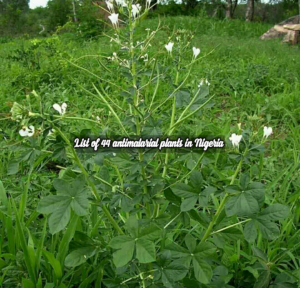
List of antimalarial plants in Nigeria
- Morinda lucida (Oruwo)
- Enantia chlorantha (Awopa),
- Alstonia boonei (Ahun),
- Azadirachta indica (Dongoyaro) and
- Khaya grandifoliola (Oganwo)
- guava (P. guajava),
- paw-paw (C. papaya)
- lemon grass (C. citratus)
- Artemisia annua (contains artemisinin)
- Citrus aurantifolia (lime)
- V. amygdalina (bitter leaf)
- O. gratissimum (sweet basil or scent leaf)
- Citrus sinensis (sweet orange),
- Magnifera indica (mango)
- ’Uvaria chemae locally known as “mmimi – ohia” (used as leaves),
- Strophantus hispidus locally known as “osisi kaguru” and
- ”Acioa barteria locally known as “ogbodo” (used as roots).
- Acacia karroo Hayne,
- Acacia nilotica,
- Senna abbreviata,
- Adansonia digitata,
- Alepidea amatymbica,
- Bridelia cathartica,
- Crossopteryx febrifuga,
- Euclea natalensis,
- Lippia javanica,
- Momordica balsamina,
- Rauwolfia caffra,
- Salacia kraussii,
- Senna occidentalis,
- Spirostachys africana,
- Tabenaemontana ele-gans,
- Trichilia emetic and
- Zanthoxylum capense.
- Artemisia gorgonum
- Sarcocephalus latifolius,
- Lippia chevalieri,
- Guiera senegalensis,
- Gardenia ternifolia,
- Piliostigma thonningi
- Harungana madagascariensis.
- Zanthoxylum leprieuri,
- S. latifolius and
- Cryptolepis sanguinolenta
PREVENTION AND CONTROL OF MALARIA
• Use long- lasting insecticidal mosquito nets, especially during night time.
• Wear long- sleeved clothing and pants.
• Use mosquito repellants/coils and screens on doors and windows.
• Clear hanging branches of trees along streams.
• Have your blood examined if you have the signs and symptoms of malaria.
• Follow the advice of health workers on how to take anti-malaria drugs.
DR UDOMOH






